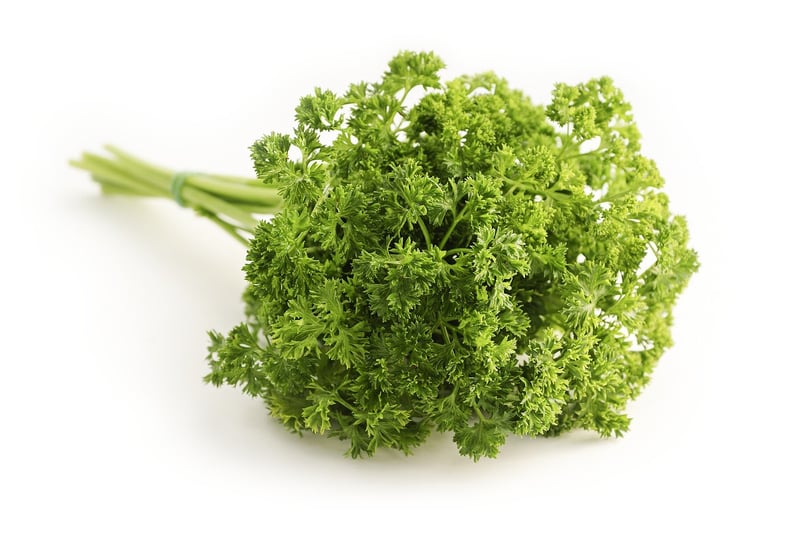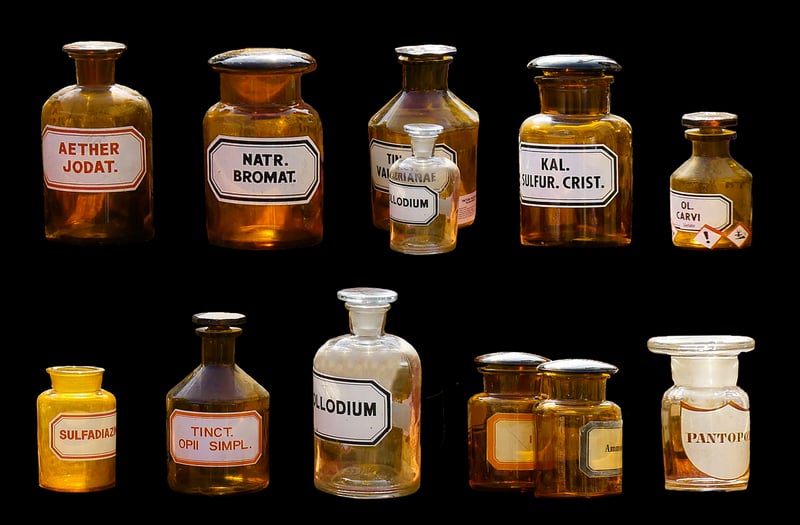Cooking Chemistry
Uncover the Science Behind Flavors + Cooking Chemistry
Have you ever wondered what makes your favorite foods taste so delicious? The answer lies in the fascinating world of flavors and the cooking chemistry that creates them. Let's delve into the science behind flavors and understand the magic that happens in your kitchen!
The Basics of Flavor Chemistry
Flavor is not just about taste; it's a complex sensory experience that involves taste, aroma, texture, and even temperature. The science of flavor chemistry explores how different compounds interact to create the sensations we perceive when we eat.
Key Players in Flavor Creation:
- Aromatics: Compounds that contribute to the aroma of food, enhancing the overall flavor profile.
- Maillard Reaction: A chemical reaction between amino acids and reducing sugars that results in browning and the creation of complex flavors.
- Emulsions: Mixtures of liquids that don't usually mix, like oil and water, can create new and interesting flavor experiences.
The Role of Cooking Chemistry
Cooking is not just about preparing food; it's also a science experiment happening in your kitchen. Understanding cooking chemistry can help you become a better cook by knowing how different techniques and ingredients interact to create amazing dishes.
Factors Influencing Cooking Chemistry:
- Heat: Cooking at different temperatures can change the chemical composition of ingredients, affecting flavor and texture.
- Acidity: Acidic ingredients can balance flavors and tenderize proteins through chemical reactions.
- Time: Allowing ingredients to cook or marinate for the right amount of time can enhance flavors and textures.
Unlocking Flavor Secrets in Your Kitchen
Now that you know a bit more about the science behind flavors and cooking chemistry, it's time to put that knowledge to use in your own kitchen. Experiment with different ingredients, cooking techniques, and flavor combinations to create culinary masterpieces that will delight your taste buds!

Remember, cooking is an art form guided by science, so don't be afraid to get creative and explore the endless possibilities that flavors and cooking chemistry have to offer. Happy cooking!
